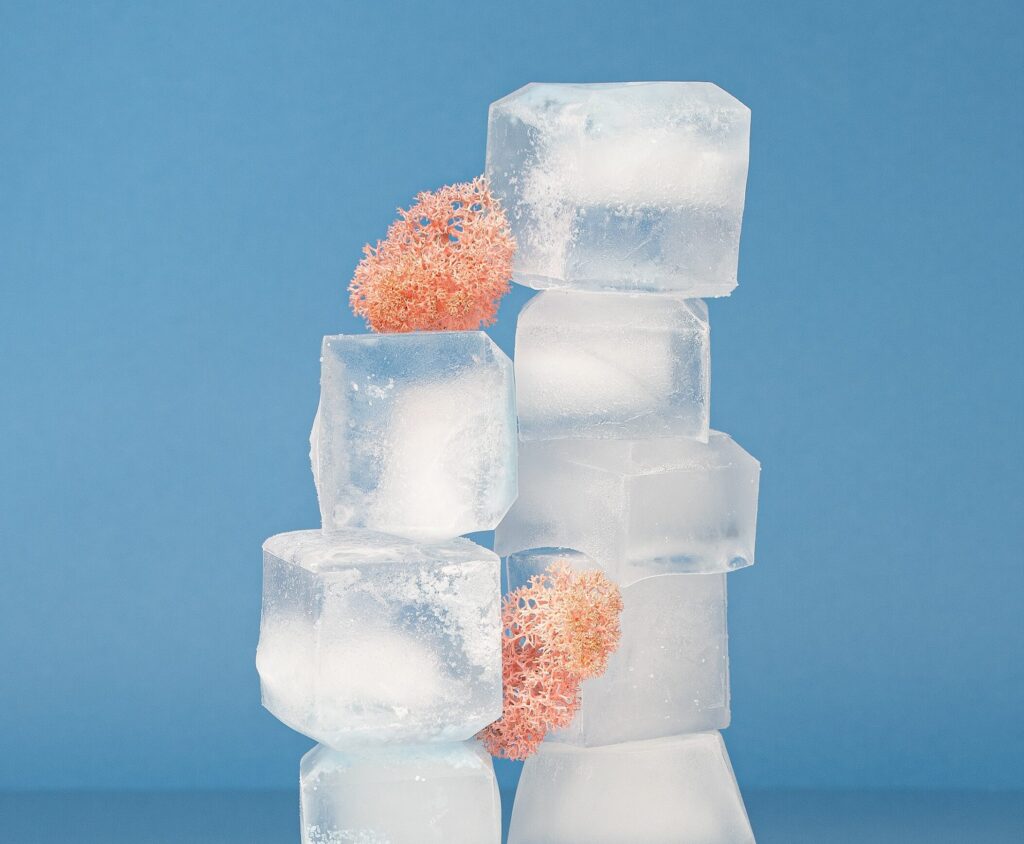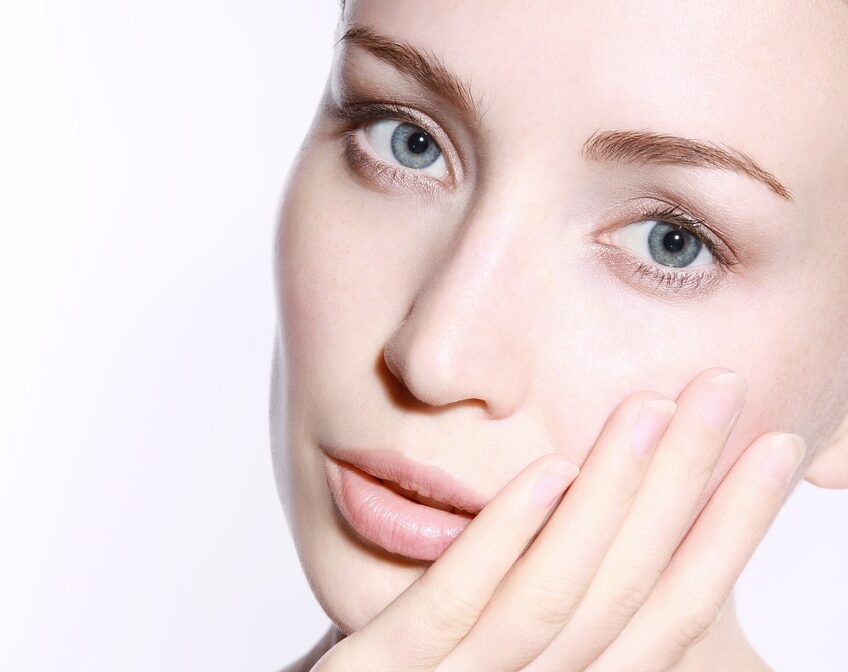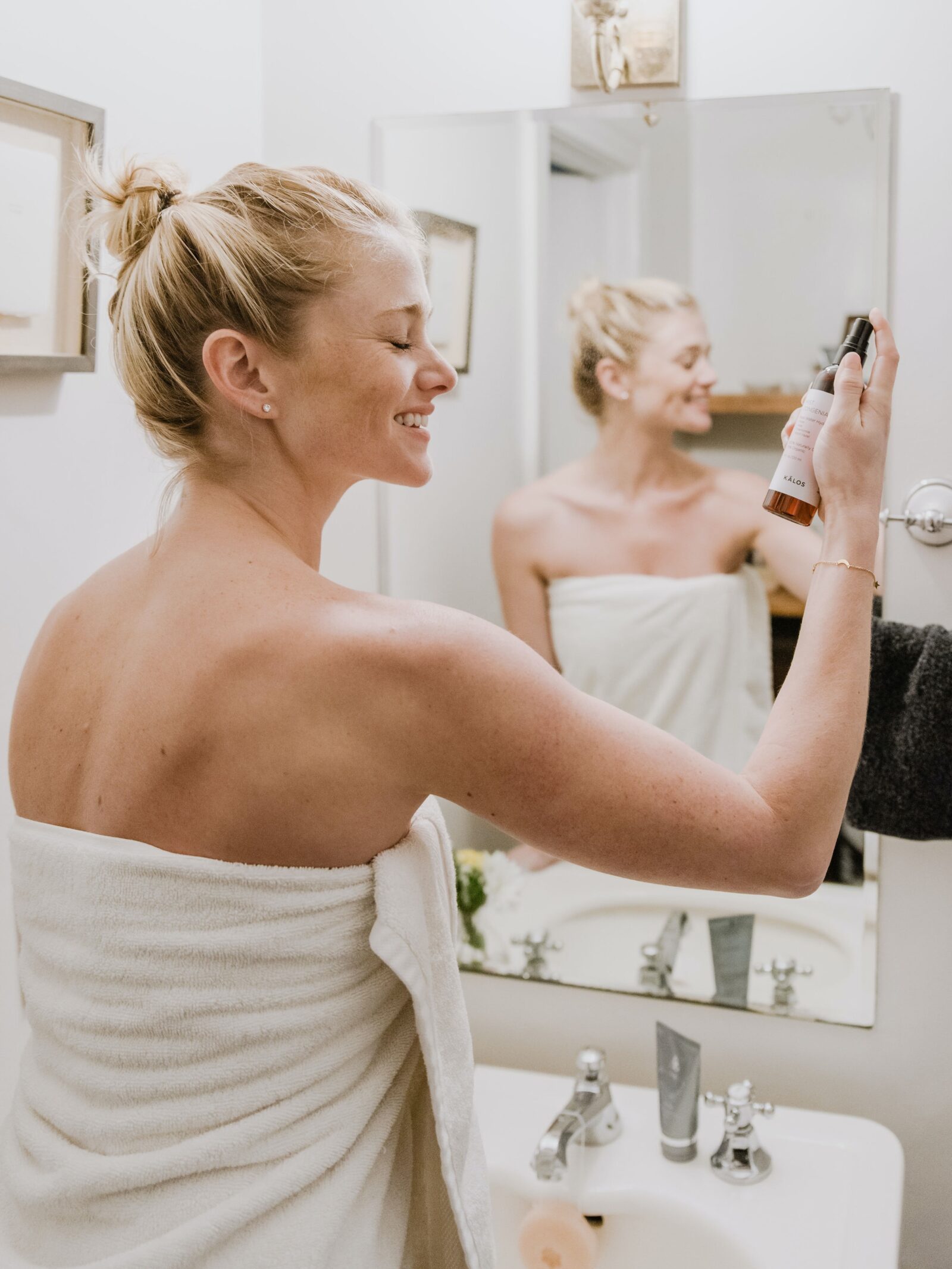Allergies could be a cruel enemy this summer. They wreck your weekend plans, making you feel all scratchy and itchy all the time, and as if it wasn’t enough, the threat of allergy face is actually real.
As per Yale Medicine’s findings, not only is the humidity increasing but the pollen count, as well. That means we might have to deal with more than we can take.
We’ve compiled a list of practical tips for treating your allergy face backed by experts.
Remember that you should always talk with a specialist about any allergy issues.
Cool and Depuff Your Skin

Freezable skincare products have been proved to be very efficient when dealing with allergy face.
Always keep a gel eye mask, for example, or even a moisturizer, in the fridge. The cold helps reduce itching and blood flow to the area, fighting inflammation.
A Skin Care Routine For Your Nose
Your nose is one of the vital areas that suffer the most during allergy season. Dr Mara Weinstein, a consultant dermatologist to skincare brand LOUM, discusses something called “the allergic salute.”
She says:
“It appears as a horizontal line across the bottom of the nose, where the dorsum (or bridge) meets the tip, and it’s a result of consistent, upwards rubbing in patients who have nasal congestion due to allergies.”
What’s the best treatment?
Well, you should start with an anti-inflammatory nasal spray to lower inflammation and swelling, then apply a barrier cream not only around the nose but the eye area and the mid cheeks, too.

Acupressure
Did you know that acupressure could totally help you cure many of your body’s symptoms when it has an allergic reaction? As pointy as this procedure might sound, many specialists highly recommend it. Why is that?
“Working” with your head’s acupressure points can stabilize and rebalance your body. Try this when pressing the points: hold firmly, press and release as many times as you want.
Some Over-the-counter Remedies

There are many over-the-counter remedies that you can try for your allergy face. But when choosing over-the-counter remedies, keep in mind that less is always more.
For example, taking an anti-histamine is perfect just before the start of hay fever season. It’ll keep the itchy feeling at bay, and your face won’t be that puffy.
Rinsing your nose regularly with saline spray to remove pollen and using a balm around your nostrils can also help a lot.
Finally, don’t forget about sunglasses! Not because you want to look cool, but wearing them can help reduce how much pollen reaches your eyes.
Remember to talk with a specialist if your allergy face starts to bother you too much.


























Leave a Reply